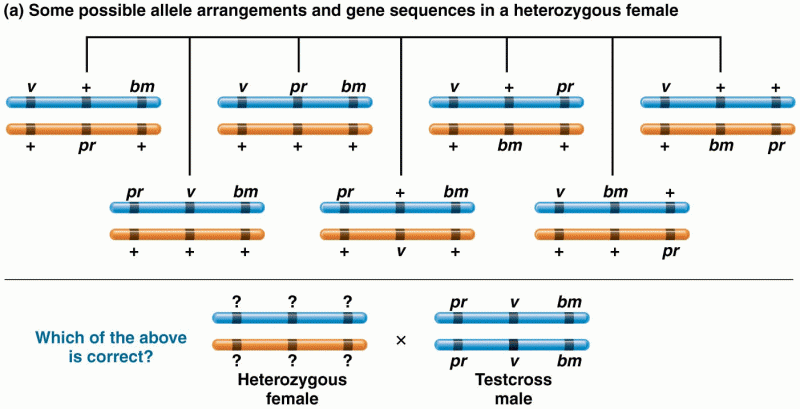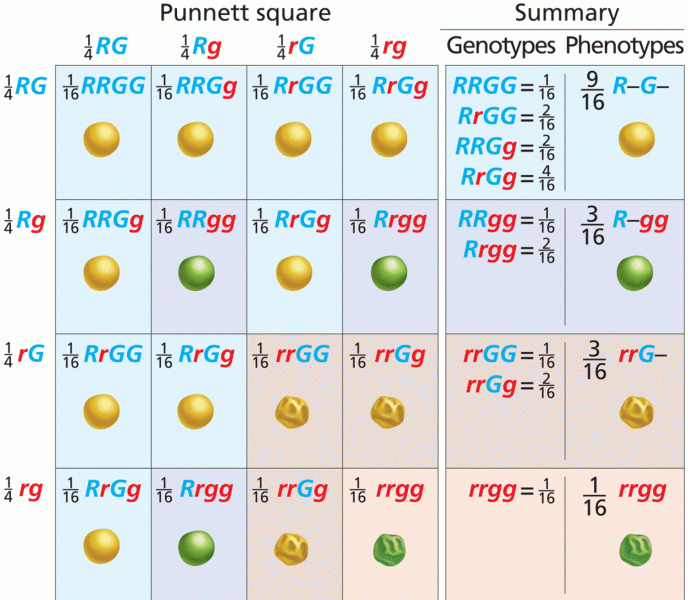|
|
|
Excessive alcohol use costs the country approximately $235 billion every year.
There are more bacteria in your mouth than there are people in the world.
About 100 new prescription or over-the-counter drugs come into the U.S. market every year.
Atropine, along with scopolamine and hyoscyamine, is found in the Datura stramonium plant, which gives hallucinogenic effects and is also known as locoweed.
An identified risk factor for osteoporosis is the intake of excessive amounts of vitamin A. Dietary intake of approximately double the recommended daily amount of vitamin A, by women, has been shown to reduce bone mineral density and increase the chances for hip fractures compared with women who consumed the recommended daily amount (or less) of vitamin A.







